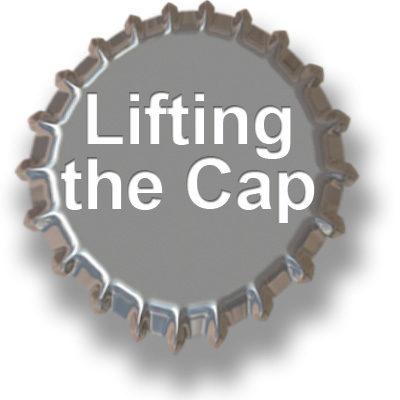
Country of Birth Quota for China and India to Be Eliminated
HR 3012 The Fairness for High-Skilled Immigrants Act, introduced by Jason Chaffetz (R-UT) and Lamar Smith (R-TX), passed the House of Representatives 389 to 15 on November 29, 2011. The bill would remove country of birth caps on employment-based immigrant visas with a special impact on Indian natives in the second preference category. Senator Charles Grassley (R-IA) had been blocking the bill in the Senate, but on Wednesday July 11, 2012 he negotiated an amendment to the bill in exchange for lifting his hold.
The Grassley amendment gives the Department of Labor increased authority to audit labor condition applications used in H-1B petitions including:
- DOL must audit employers with more than 100 employees where more than 15% are H-1B workers;
- DOL may investigate an LCA if there are clear indicators of fraud or misrepresentation of material fact, or obvious inaccuracies;
- If an employer passes an audit, DOL will not audit that employer again for four years.
Existing law allows a maximum 7% of the visas issued per year in each employment-based immigrant visa category to go those born of a single country. Natives of India and China experience longer waits than natives of other countries because India and China consume the most employment-based immigrant visas. As of May 2012, second preference I-140 beneficiaries from India and China faced about a five year wait to gain US residence, while natives of all other countries had no wait at all. HR 3012 would not raise the number of immigrants allowed to enter the United States each year. But it would remove the per-country caps placing everyone into the same pot of visa numbers on a first filed, first served basis. The new rules would be phased in over three years.
gain US residence, while natives of all other countries had no wait at all. HR 3012 would not raise the number of immigrants allowed to enter the United States each year. But it would remove the per-country caps placing everyone into the same pot of visa numbers on a first filed, first served basis. The new rules would be phased in over three years.
The Department of State is responsible for controlling and allocating visa numbers for all numerically limited visa classes. Every month the Department of State publishes a bulletin listing the availability of preference visa numbers (also called “quota numbers”) by preference category and country of birth.
The existing numerical employment-based immigration system is described at Immigration and Nationality Act Section 201. This section provides 140,000 employment-based immigrant visa numbers each year. The first three employment-based preference categories each receive 28.6% of the total available numbers, or 40,040 visa numbers each.
The large number of Chinese and Indian beneficiaries exceed the annual allocation each year. If HR 3012 is enacted, we can expect Indian and Chinese natives to wait much less time to be eligible for US residence, while natives of just about all other countries seeking US employment-based residence will have to wait just a little bit longer.
Cross Chargeability
Some applicants for employment-based permanent residence may avoid long waits by employing a rule that allows the applicant to be "charged" to a spouse or parent's country of birth. INA Section 202(b) discusses the rules under which an alien may be charged to a country other than the one of his or her birth.
visit us at:
San José, CA 95008
Santa Cruz, CA 95060
The Olender Pro Bono Project
We represent some clients who have compelling cases and little money at no charge. Sean received the Benito Juarez human rights award in 2008 and the ALRP Volunteer Award in 2012 for taking more than 10 pro bono cases in 12 months. We need volunteers. E-mail Debbie to volunteer.
Change Your Address at DHS!
If you are not a US citizen, you must change your address with DHS within 10 days of moving or face deportation. Click Here.






































